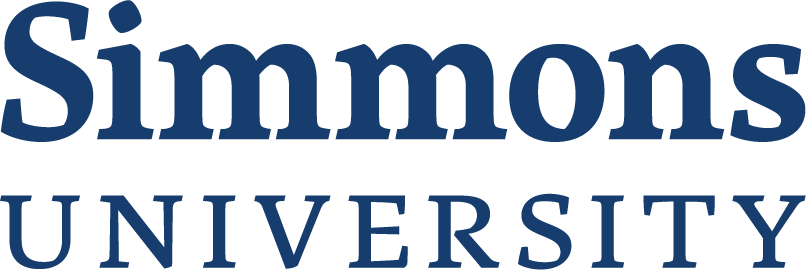Volunteer Research Assistant, Boston Children’s Hospital, Boston, MA
Posted September 26, 2019
Description
The small object next to a computer keyboard is most likely to be a computer mouse, not an elephant. In the real world, objects often co-vary with other objects and particular environments. In the project, we have two primary goals. The first is to develop an understanding for the brain’s ability to process and comprehend visual input based on surrounding context through a biological and quantified explanation.
In particular, there are eight main experiments that we have tested and plan to test on both humans and machine learning algorithms with regards to the role of context in object recognition, including (a) varying amounts of context shown, (b) backward masking, (c) blurred context, (d) blurred object, (e) scrambling contextual information, (f) guessing objects from contextual information, (g) finding the effects of time on recognition, and (h) swapping context.
Each of these experiments are run in-lab using eyetrackers and online through Amazon’s Mechanical Turk. Second, we further hope to utilize this understanding towards building a robust computational model, which would contribute to enabling current technology to identify visual cues more meticulously. A paper related to our project: https://arxiv.org/abs/1902.00163
The position is volunteer. In the project, students, who can commit at least 4 hours a week, will obtain hands-on experiences in designing, developing and implementing psychophysics experiments and acquire skills of using eyetrackers, coding psyschophysics experiments using MATLAB psychotoolbox, and coding online Amazon’s Mechanical Turk experiments using HTML and javascript.
In subsequent steps, students can also join in developing computational models for object recognition with various machine learning techniques, such as deep learning, on state-of-the-art machine learning platforms, such as tensorflow and pytorch. Moreover, students also have the opportunity to hone their critical thinking ability in analysing scientific results and drawing insightful conclusions based on experimental results.
NO background in computer science or neuroscience is required.
To Apply: Interested individuals should contact Mengmi at [email protected]. (posted 9/2019)
